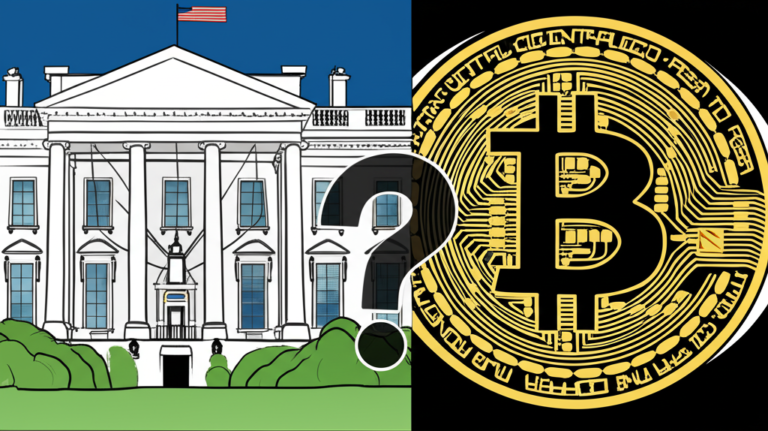GENIUS Bill: Trojan Horse for a US CBDC? Lawmaker Raises Concerns
The cryptocurrency world is buzzing after a US lawmaker voiced serious concerns about the GENIUS bill, claiming it serves as a backdoor for implementing a Central Bank Digital Currency (CBDC). This development highlights the ongoing debate surrounding digital currencies and government oversight, sparking questions about privacy, financial control, and the future of money itself.
The GENIUS Bill: A Closer Look
While the exact details of the GENIUS bill (the acronym’s full meaning remains unclear in available online searches) are not fully public, the lawmaker’s statement suggests it contains provisions that could pave the way for a CBDC under the guise of other financial regulations. This echoes concerns raised by other critics who highlight the blurred lines between a CBDC and a heavily regulated stablecoin. Both share characteristics such as being digitally issued and potentially pegged to the US dollar, but differ significantly in their underlying governance structures and implications for financial freedom.
Concerns about Centralization
The core of the controversy lies in the potential for a CBDC to grant the government unprecedented control over citizens’ financial transactions. This includes the ability to track spending patterns, potentially limit transactions, and even freeze accounts without due process. This raises serious privacy and freedom concerns, particularly in a context where similar concerns are already being raised over the tracking of financial activities via existing digital payment methods. Some estimates suggest that a CBDC could potentially affect 90% of retail transactions if fully adopted, leading to anxieties around its potential use as a surveillance tool.
The “Trojan Horse” Argument

The lawmaker’s “Trojan Horse” analogy emphasizes the strategy of introducing a CBDC through seemingly innocuous legislation. This tactic is not unprecedented in political maneuvering; often the public debate is focused on the presented benefits, while potential drawbacks or long-term consequences might go unnoticed. The lawmaker’s alarm calls for increased scrutiny of the GENIUS bill’s detailed clauses and a broader discussion of the implications of CBDCs before any hasty implementation.
The Ongoing Debate on CBDCs
This situation adds fuel to the ongoing international debate about the merits and risks of CBDCs. Many central banks worldwide are exploring digital currency options, with some already launching pilot programs. However, the public reaction and level of regulatory oversight varies greatly, highlighting the diverse perspectives on the future of money and the role of government in the financial system. The lack of readily available details on the GENIUS bill itself leaves much open to interpretation, which underscores the need for transparent legislative processes.
Summary:
- A US lawmaker has expressed serious concerns about the GENIUS bill, labeling it a potential Trojan Horse for a CBDC.
- The bill’s specifics remain largely unknown, fueling speculation and concern.
- Critics highlight the potential for a CBDC to grant the government excessive control over citizens’ finances and threaten individual privacy.
- The controversy adds to the wider global debate about CBDCs, emphasizing the need for careful consideration of their potential impacts.
- The incident demonstrates the importance of transparency and robust public debate before implementing major changes to financial systems.










